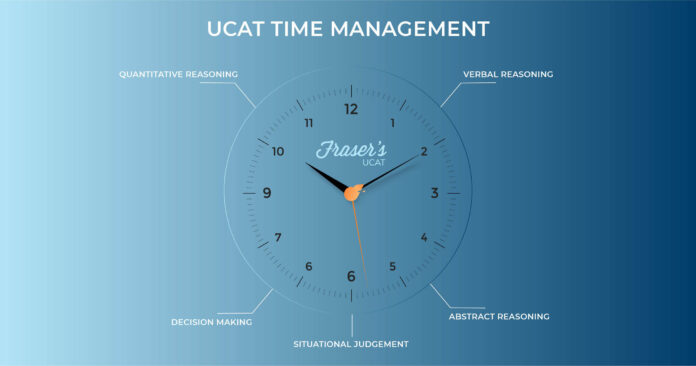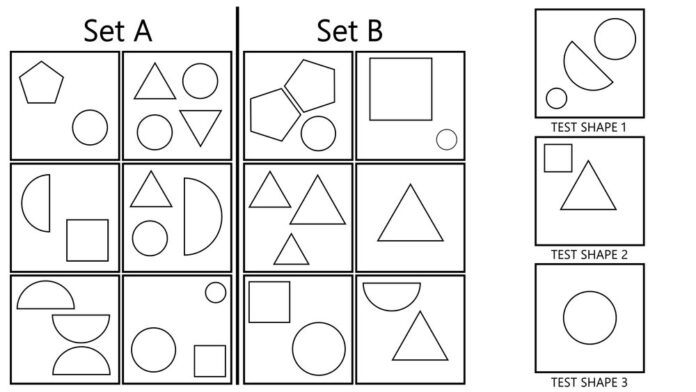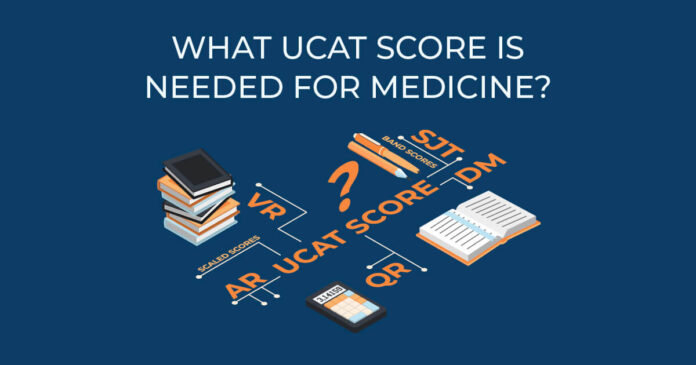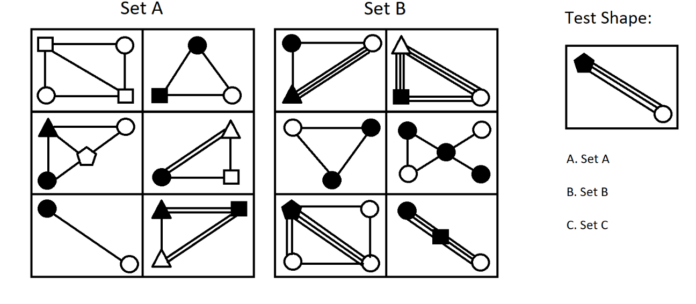
The UCAT (University Clinical Aptitude Test) is an important exam for students seeking admission to medical or dental programs in the UK. The test is designed to assess a candidate’s critical thinking, problem-solving, and decision-making abilities.
While the test can be challenging, there are ways to tackle the difficulties and prepare effectively for the exam. In this blog post, we’ll discuss some common UCAT challenges and provide tips on how to overcome them.
Time Management

Time management is one of the most significant challenges when it comes to the UCAT. The test is time-limited, and candidates have to answer a large number of questions in a short period.
To tackle this challenge, it’s essential to practice time management strategies such as skimming the passages, answering the easier questions first, and leaving the difficult ones for later. For more information and techniques to do it successfully, hiring a UCAT tutor can be the best decision than preparing it yourself.
Verbal Reasoning

Verbal reasoning is a section of the UCAT that many students struggle with. The section requires candidates to read a passage and answer a series of questions based on the information provided. To tackle this challenge, candidates can practice reading quickly, paying attention to the keywords, and understanding the context of the passage.
Quantitative Reasoning
Quantitative reasoning is another section of the UCAT that can be challenging. The section requires candidates to solve math problems quickly and accurately.
To tackle this challenge, candidates can practice using mental math techniques, familiarize themselves with formulas, and focus on solving the easier questions first.
Abstract Reasoning

Abstract reasoning is a section of the UCAT that requires candidates to analyze patterns and relationships. This section can be challenging because it involves visual and abstract thinking. To tackle this challenge, candidates can practice using diagrams, tables, and other visual aids to help them analyze the patterns.
Decision Making
Decision making is the final section of the UCAT, and it tests a candidate’s ability to make decisions based on complex information. The section can be challenging because it requires candidates to integrate multiple pieces of information to arrive at a conclusion.
To tackle this challenge, candidates can practice identifying key pieces of information, prioritizing the most important factors, and using logic to make decisions.
Australian Universities Criteria for UCAT

The UCAT (University Clinical Aptitude Test) is an important exam for students seeking admission to medical or dental programs in Australia. Each university has its own criteria for UCAT scores, and it’s important for students to be aware of these criteria when preparing for the exam. In this blog post, we’ll discuss the UCAT criteria for some of the top universities in Australia.
The University of Sydney
The University of Sydney requires a minimum UCAT score of 2300 for entry into their medical program. However, meeting the minimum score does not guarantee admission, as the university also considers academic performance and personal qualities.
The University of Melbourne
The University of Melbourne uses a combination of academic results and UCAT scores to determine admission to their medical program. The university does not have a minimum UCAT score requirement, but a high UCAT score can strengthen a student’s application.
Monash University
Monash University requires a minimum UCAT score of 50th percentile for entry into their medical program. The university also considers academic performance and personal qualities.
The University of Western Australia
The University of Western Australia uses a combination of academic results and UCAT scores to determine admission to their medical program. The university does not have a minimum UCAT score requirement, but a high UCAT score can strengthen a student’s application.
The University of Queensland
The University of Queensland requires a minimum UCAT score of 50th percentile for entry into their medical program. However, meeting the minimum score does not guarantee admission, as the university also considers academic performance and personal qualities.
Flinders University
Flinders University requires a minimum UCAT score of 50th percentile for entry into their medical program. The university also considers academic performance and personal qualities.
Comparing UCAT Preparation Online Vs. Physical Classes

The UCAT (University Clinical Aptitude Test) is an important exam for students seeking admission to medical or dental programs in the UK. Preparation for the UCAT is essential to achieving a high score and securing admission to a desired program.
While physical classes have been the traditional method of UCAT preparation, online preparation has become increasingly popular in recent years. In this blog post, we’ll compare UCAT preparation online vs. physical classes.
Flexibility
One of the main advantages of online UCAT preparation is its flexibility. Online courses allow students to study at their own pace and on their own schedule. This is particularly beneficial for students who have busy schedules or who live in remote areas and may not have access to physical classes. Physical classes, on the other hand, have set schedules and require students to attend classes at specific times.
Interaction
One of the main advantages of physical classes is the opportunity for interaction with other students and instructors. In a physical class setting, students can ask questions and receive immediate feedback from instructors and peers.
They can also benefit from the experience and knowledge of their peers. Online courses, on the other hand, are typically self-paced and may not provide as much interaction with instructors and peers.
Course Content

Both online and physical UCAT preparation courses offer similar course content, including practice questions, sample tests, and strategies for tackling the different sections of the exam. However, online courses may offer more comprehensive and up-to-date content, as they can be updated more easily than physical courses.
Cost
Online UCAT preparation courses are generally more affordable than physical courses. This is because online courses do not require physical classroom space, equipment, or supplies. Online courses may also offer discounts or promotions, making them more accessible to a wider range of students.
Technology
Online UCAT preparation courses require students to have access to technology, such as a computer or mobile device, and a reliable internet connection. This may be a challenge for some students who do not have access to these resources. Physical UCAT preparation courses, on the other hand, do not require any special technology or equipment.
Conclusion

Both online and physical UCAT preparation courses have their advantages and disadvantages. Online courses offer flexibility, up-to-date content, and affordability, while physical classes provide opportunities for interaction and immediate feedback.
Ultimately, the choice between online and physical UCAT preparation depends on individual preferences and circumstances. It’s important for students to evaluate their own needs and goals and choose the preparation method that will best help them achieve success on the UCAT.
The UCAT is a challenging exam, but with the right preparation and strategies, it’s possible to tackle the difficulties and succeed. By practicing time management, focusing on key strategies for each section, and familiarizing themselves with the exam format, candidates can improve their chances of achieving a high score on the UCAT.
With dedication and hard work, students can successfully prepare for the UCAT and take a significant step towards a successful career in medicine or dentistry.








